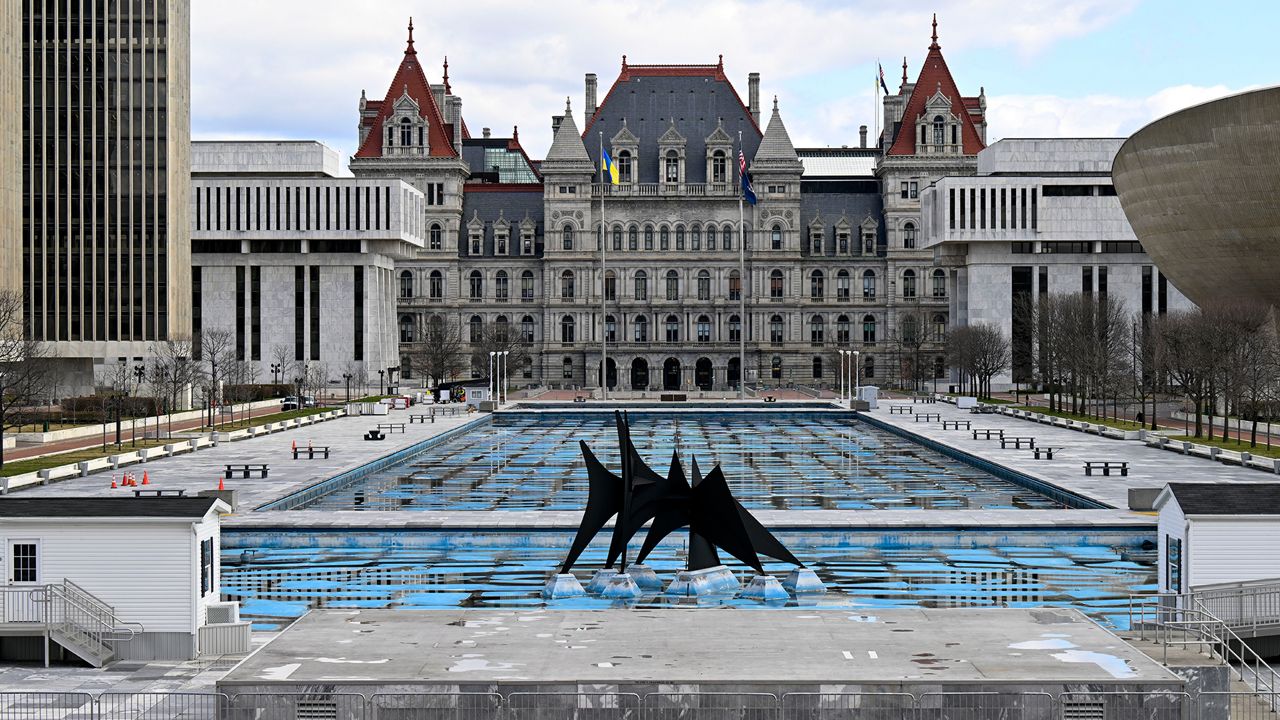Debates over how to address crime and abortion rights have dominated the conversation in the race for governor of New York as Republican Lee Zeldin and Democrat Kathy Hochul seek to motivate voters to the polls by Tuesday.
But there has been little public airing of what either candidate will do with what will take centerstage in Albany in about three months: How to spend some $200 billion or so of taxpayer money.
The question will likely take on more urgency if the economic outlook for the world and country continues to darken and tax revenue dries up for New York. But voters are largely in the dark as to what either candidate plans to do.
Zeldin, a congressman from Long Island, has said he wants an "across-the-board" tax cut, but has not outlined where that would be in terms of its size and scope. Zeldin acknowledges how much power the governor has over the budget process — one in which the chief executive gets to set the agenda.
"There are ways to save money and spending," Zeldin said on Wednesday, pointing to the state's managed long-term care program for Medicaid.
Hochul has touted putting money into the state's rainy day fund to offset any loss of revenue, but her administration is yet to release a report detailing the state's updated financial situation as required by law.
"It will be out very soon," Hochul said Wednesday evening after a rally. "I know historically it has been out in November. It's going to be worked on, and its important to get that message out."
Detailing policy can get lost in the gut emotion of campaigning. But it's not unheard of for candidates to release specifics of what they plan to do if elected. In 2010, then-candidate Andrew Cuomo released a series of policy books on issues ranging from government ethics to energy regulations and proposals for agriculture.
Spending in the state budget ballooned this year as money poured in from the federal government as well as tax increases on richer New Yorkers, enabling lawmakers and Hochul to increase aid to schools at levels long sought by progressive organizations.
New York's budget is supposed to pass by March 31, laying down spending for schools, health care, government agencies like the Department of Motor Vehicles and how people with developmental disabilities are cared for. It can set roadmpas for how much local governments and school districts will raise property taxes.
Peter Warren of the right-leaning Empire Center pointed to the need to release the updated report on the state's finances.
"The document contains a wealth of data about the state’s revenue and expenditures, including how they have been impacted by recent macroeconomic and financial market conditions — and the actions of state officials," he wrote this week. "In other words, it’s exactly the sort of data voters should be well-informed about when they walk into the polling booth next Tuesday."


